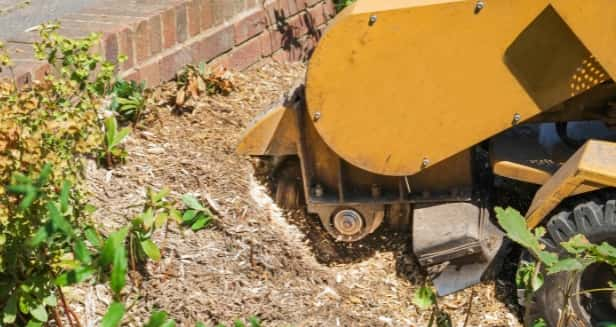Introduction: In an era of growing environmental concerns, air quality has become a pressing issue for communities worldwide. While technological advancements and regulatory measures play a crucial role in addressing air pollution, nature offers a powerful ally in the fight for cleaner air. With their remarkable ability to filter pollutants and produce oxygen, trees are natural air purifiers that play a vital role in improving air quality. Tree trimming emerges as a proactive measure to enhance this natural air purification process, ensuring our communities breathe easier and healthier. In this blog post, we delve into the importance of tree trimming for improving air quality and its positive impact on our well-being and the environment.
Enhancing Canopy Density:
- The canopy of a tree serves as a primary site for photosynthesis, the process by which trees absorb carbon dioxide (CO2) and release oxygen (O2). However, densely packed canopies can limit sunlight penetration and airflow, reducing the tree’s ability to perform photosynthesis effectively. Through strategic trimming to thin the canopy and remove overcrowded branches, arborists improve sunlight exposure and promote air circulation within the tree. This enhances the tree’s capacity to absorb CO2 and release oxygen, contributing to improved air quality in the surrounding environment.
Removing Pollutant-Trap Deadwood:
- Deadwood, composed of dead or decaying branches within a tree’s canopy, can trap airborne pollutants such as particulate matter, pollen, and dust. As deadwood accumulates, it becomes a reservoir for these pollutants, releasing them back into the air during wind or rain events. By removing deadwood through targeted tree trimming, arborists mitigate the buildup of pollutants within the tree canopy, reducing the overall burden on air quality. This proactive approach helps maintain a healthier environment for both humans and wildlife.
Mitigating Allergen Production:
- Certain tree species produce pollen that can trigger allergic reactions in susceptible individuals, contributing to respiratory ailments such as asthma and hay fever. Overgrown trees with dense canopies may produce higher pollen counts, exacerbating allergy symptoms for nearby residents. Arborists can mitigate allergen levels and improve air quality for allergy sufferers through selective trimming to reduce flower and pollen production. By targeting specific tree species and employing pollen-reducing pruning techniques, arborists can create a more allergy-friendly environment for communities.
Preventing Pest Infestations:
- Pest infestations, such as aphids, scale insects, or fungal pathogens, can weaken trees and compromise their ability to perform vital functions like photosynthesis. In response to stressors like pest infestations, trees may release volatile organic compounds (VOCs) into the air, contributing to air pollution. By identifying and removing pest-infested branches through tree trimming, arborists mitigate the emission of VOCs and help maintain a healthy tree population. This proactive pest management approach supports overall tree health and improves air in urban and suburban environments.
Supporting Urban Green Infrastructure:
- Urban areas face unique air quality challenges due to high vehicular emissions, industrial activities, and urban heat island effects. Trees are crucial in mitigating these challenges by capturing pollutants, providing shade, and cooling the surrounding environment. Through strategic tree trimming to optimise air purification benefits, arborists support the development of urban green infrastructure that enhances air quality, promotes human health, and fosters sustainable urban living.
Conclusion: Tree trimming is a proactive and effective strategy for improving air quality and promoting human health and well-being. By enhancing canopy density, removing pollutant-trap deadwood, mitigating allergen production, preventing pest infestations, and supporting urban green infrastructure, arborists play a vital role in harnessing trees’ natural air purification capabilities. As we embrace the transformative power of tree trimming for cleaner air, let us continue to prioritise preserving and caring for our urban forests, ensuring a healthier and more sustainable future for all.
Call us on: 023 8235 6096
Click here to find out more about LM Tree Surgery Cowplain
Click here to complete our contact form and see how we can help with your tree’s needs.

